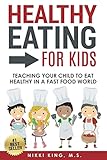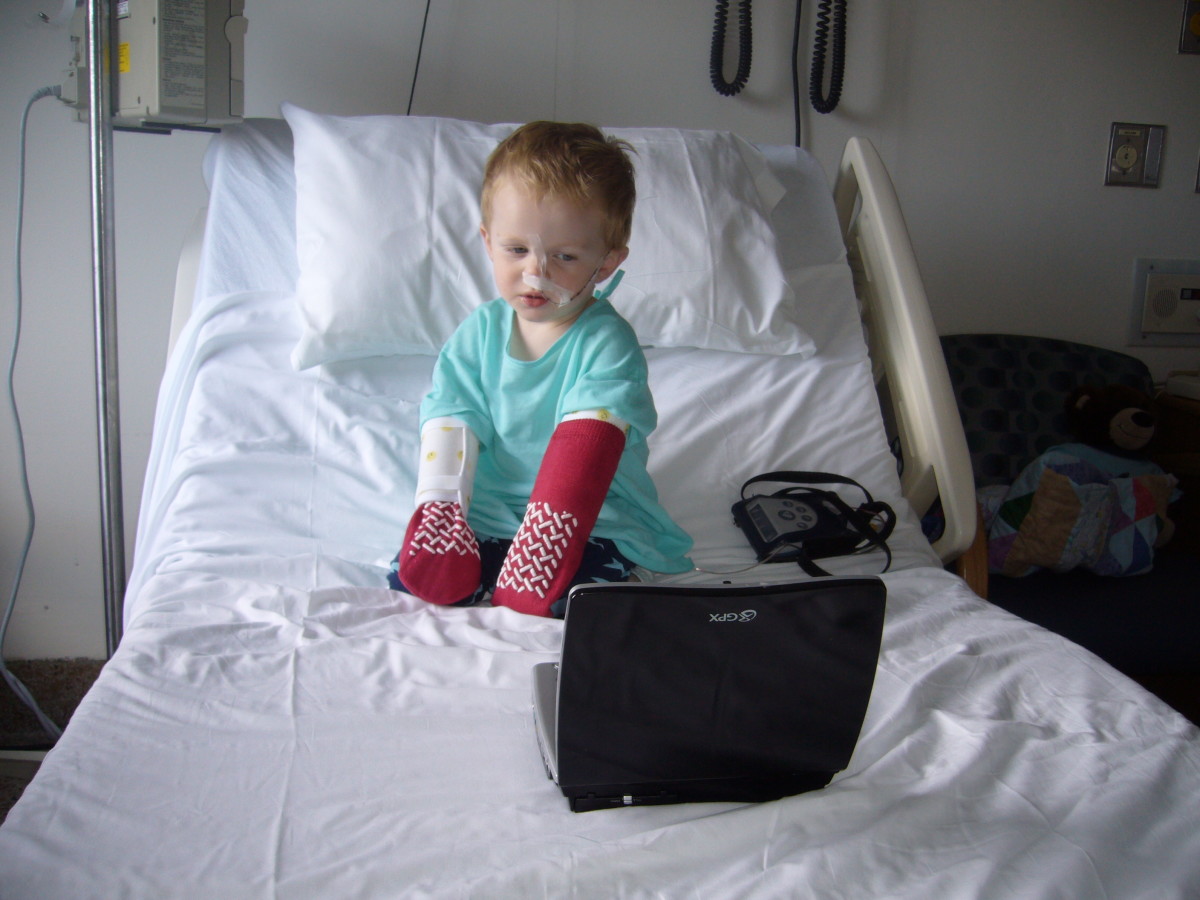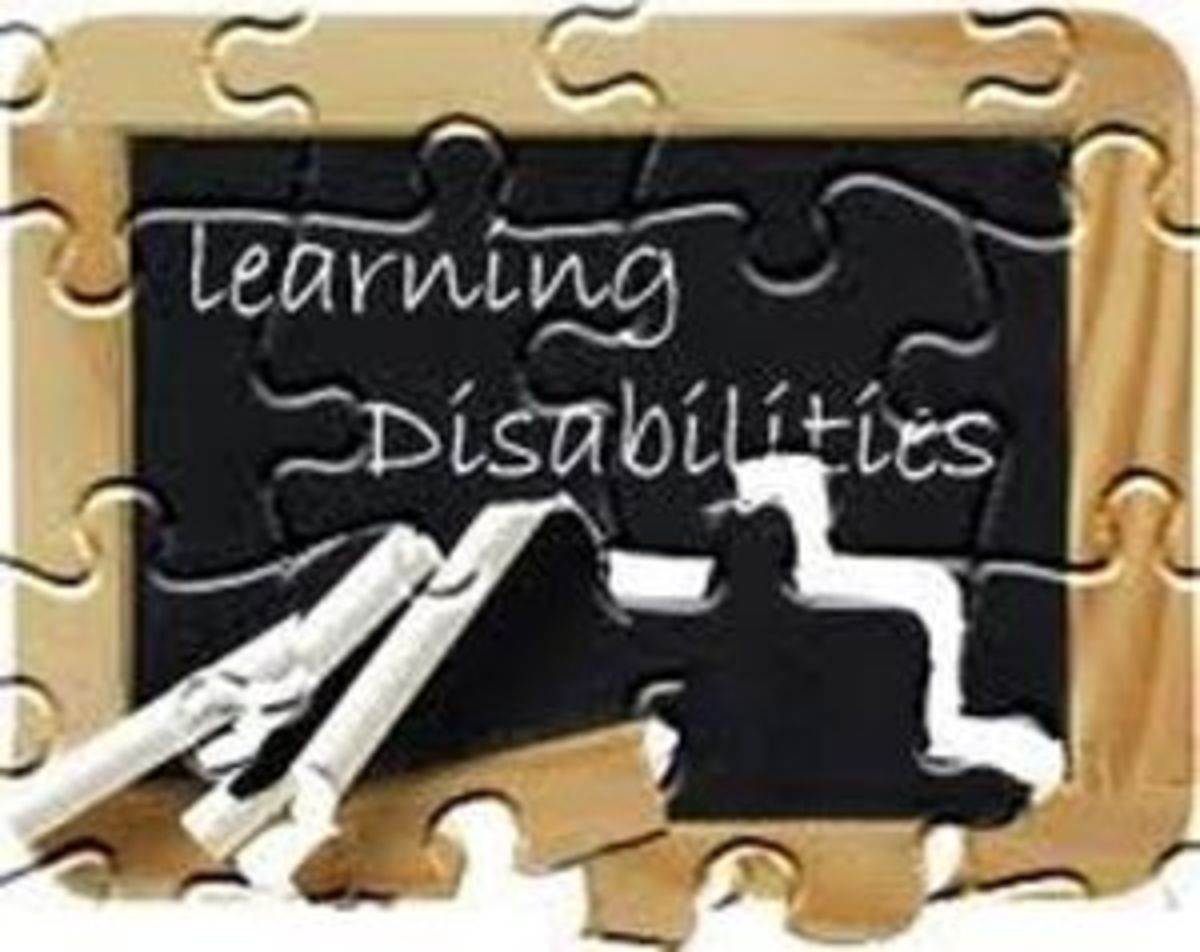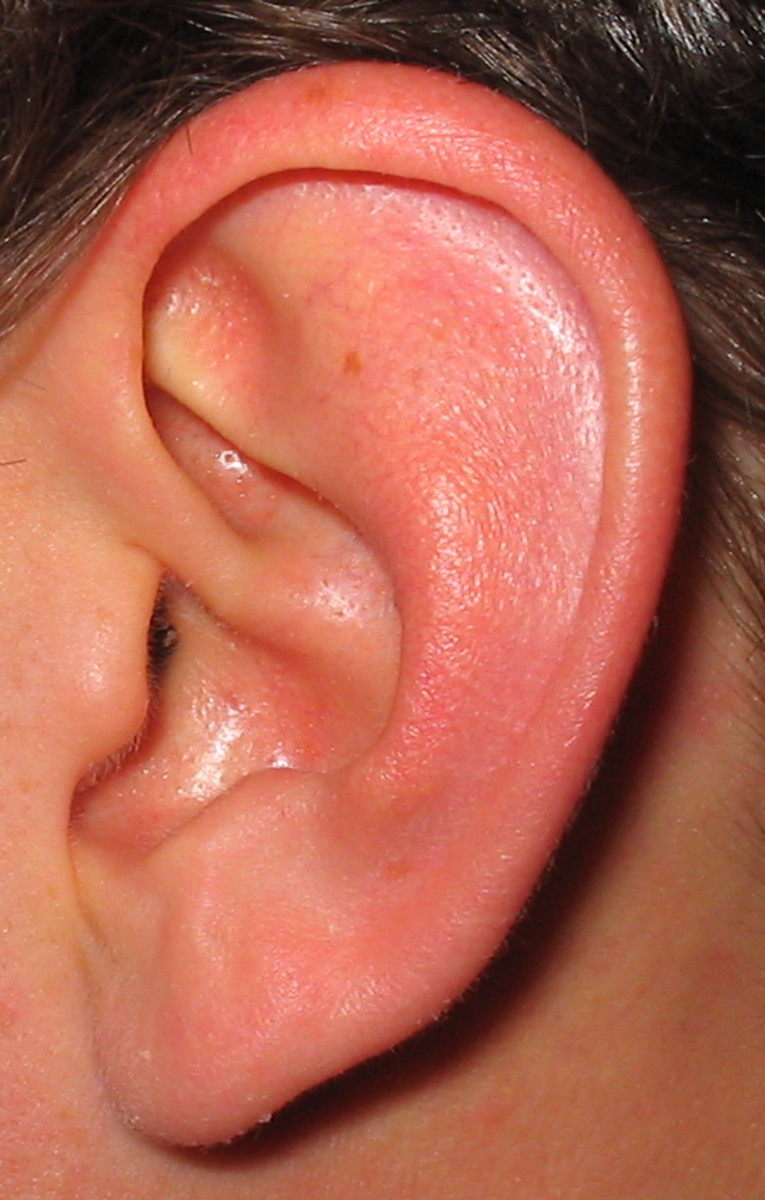Healthy Habits: Teaching Kids in Staying Healthy
Physical activity
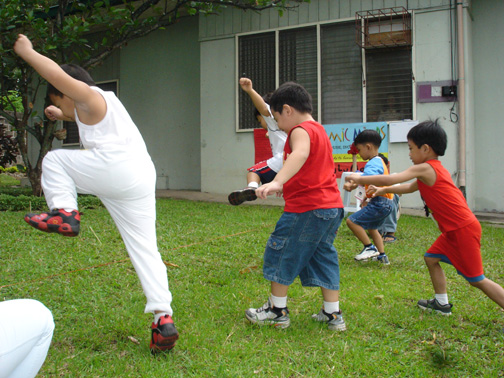
Early childhood is a prime time to help children begin to establish healthy habits or behaviors that will promote a healthy lifestyle. We need to teach kids to stay healthy. In order to develop healthy habits, two things must be remembered. First, learning becomes more meaningful when the experience is woven into the children's daily experiences. Second, learning experiences must be repeated often enough until the lessons become a natural and integral part of their lives.
Lesson # 1: Good Handwashing
Let your kids learn the healthy habit of washing their hands. Good handwashing requires three elements-- soap, water and friction. Everyone should wash hands before and after eating, using the bathroom, handling nappies, blowing into a handkerchief or tissue, cleaning, doing art projects, or playing with toys. Proper handwashing can significantly reduce transmission of infections.
Lesson # 2: Getting Enough Sleep
Another healthy habit that kids must develop is to get enough sleep. Studies show lack of sufficient sleep can contribute to inattention, hyperactivity, and disagreeableness among children. Most children's sleep requirements fall within a predictable range of hours based on their age. However, there is no magical number of sleeping hours required as each child would have his own distinct sleep needs.
Lesson # 3: Eating Healthy
Healthy habit is to eat healthy food. Good nutrition is a wonderful foundation for wellness. Everyone needs to eat a variety of food. From vegetables and fruits to milk, cheese, fish, chicken, meat, and nuts, to rice and grains. A balanced diet is one that includes all the food groups. Not many of us eat a balanced diet on a regular basis. More so are children who frequent the fast food chains. Toddlers and preschoolers are often picky abou the food they eat. Taking a multivitamin/multimineral supplement will ensure that they are well-nourished and are getting the nutrients they need for normal growth and development.
Researchers Say: Yoga is Good for Kids
Lesson # 4: Exercise
Most kids are active so let us encourage them to stay healthy by developing their love for exercise and activities that make them move. Physical activity should be increased by reducing sedentary time (e.g. watching television, playing computer video games or talking on the phone.) All children age 2 and older should participate in at least 30 minutes of enjoyable, moderate-intensity activities every day. And be sure to drink plenty of water.
Lesson # 5: Look at the Bright Side
Be positive. Praise your children. An encouraging environment promotes a healthy attitude and a healthy mind.
Responsibility for children's overall health care is often shared by parents and teachers alike. The challenge lies in actually putting into action what we know will bring about a healthy lifestyle for ourselves and our children. Good health allows children to function effectively with their peers as well as live the life they aspire to have for as long as they can. The healthy habit of responding positively to situations (e.g. high emotional intelligence) brings about health and wellness.
BY: MICHELLE SIMTOCO

